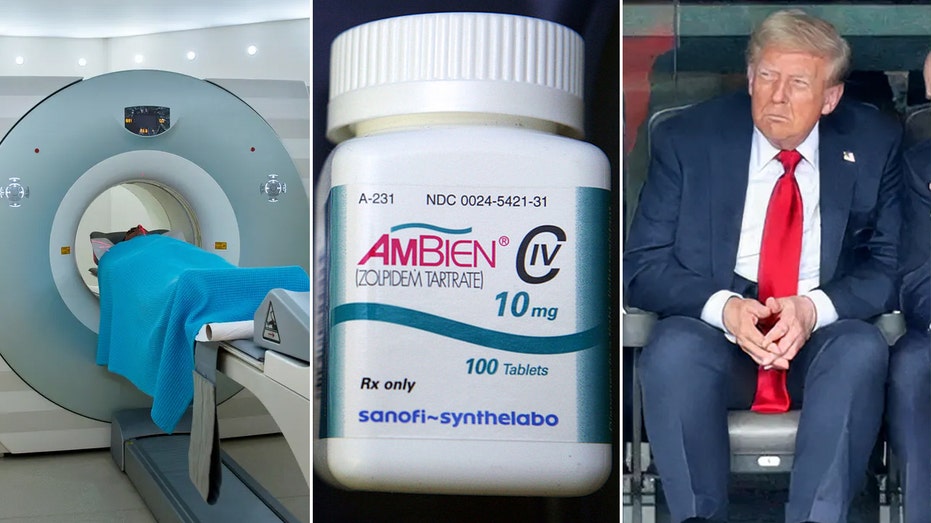What is Hantavirus, the Cause of Gene Hackman’s Wife’s Death?

Sarah Johnson
March 8, 2025
Brief
Gene Hackman died from heart and Alzheimer's disease, while his wife Betsy succumbed to rare hantavirus pulmonary syndrome, highlighting HPS risks, symptoms, and prevention tips.
The causes of death for legendary actor Gene Hackman, 95, and his wife Betsy Arakawa Hackman, 65, have been revealed, shedding light on a rare but deadly disease.
Gene Hackman passed away from atherosclerotic cardiovascular disease in conjunction with advanced Alzheimer's disease, according to New Mexico authorities. Meanwhile, Betsy Arakawa Hackman reportedly succumbed to hantavirus pulmonary syndrome (HPS), a rare but often fatal respiratory condition.
Hantaviruses are a group of viruses primarily carried by rodents, causing severe respiratory or renal diseases in humans. Dr. Rhys Parry, a molecular virologist from the University of Queensland, explained that most hantaviruses in North, Central, and South America can lead to HPS, the same syndrome diagnosed in Hackman’s wife. The Centers for Disease Control and Prevention (CDC) reports that HPS has a fatality rate of nearly 40% among those infected.
The virus typically spreads when humans breathe in particles from disturbed rodent urine, droppings, or nesting materials. Dr. Marc Siegel, a clinical professor of medicine at NYU Langone Health, confirmed that the deer mouse is the most common rodent to carry hantavirus in the U.S. While most cases appear in rural areas where rodents are more likely to invade homes or barns, infections remain "incredibly rare."
Early symptoms of hantavirus infection include fever, muscle aches, fatigue, and gastrointestinal issues, which emerge one to eight weeks after exposure. These symptoms can rapidly progress to severe respiratory issues, such as coughing, shortness of breath, and fluid in the lungs. The most common hantavirus in the U.S., Sin Nombre virus, has a mortality rate of approximately 38%, often becoming fatal when fluid in the lungs leads to respiratory failure.
There is currently no specific antiviral treatment for hantavirus. According to the CDC, early intensive care, including oxygen therapy and supportive measures, is critical for survival. However, once a patient experiences full respiratory distress, treatment becomes significantly less effective.
Preventive measures include rodent control, proper cleaning of infested areas with protective equipment, and avoiding rodent habitats. Dr. Parry emphasized that prevention is key, stating, "This is a pretty sad set of circumstances. I’m honestly impressed they were able to determine it was HPS after the fact."
Topics
Editor's Comments
It’s heartbreaking to see such a rare virus like hantavirus claim a life, but the details here highlight how fragile our coexistence with nature can be. Rodents are tiny yet pack a dangerous punch—who knew a deer mouse could be such a villain? This story is also a stark reminder to take rodent-proofing our spaces seriously, especially in rural areas.
Like this article? Share it with your friends!
If you find this article interesting, feel free to share it with your friends!
Thank you for your support! Sharing is the greatest encouragement for us.



